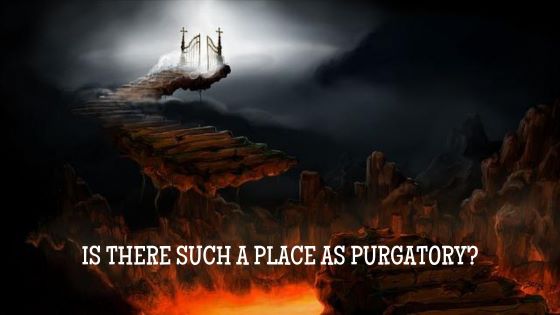Can One Be Saved After Death?
The belief that God will give the lost a second chance to believe after death has been held by many. They argue that those who have died without believing in Christ will have an opportunity to do so in the afterlife. Is there any scriptural support for this claim? Can one be saved after death? … Read more










